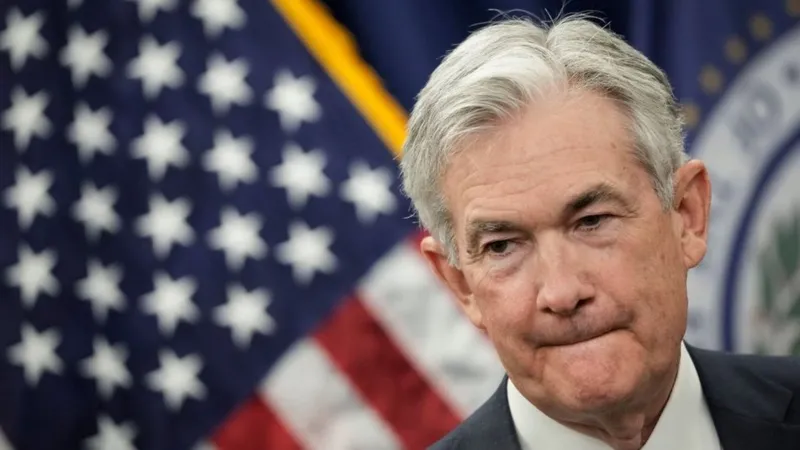The biggest US interest rate hike in 30 years
The US central bank announced the largest interest rate increase in almost 30 years as part of its intensive efforts to rein in rising consumer prices.
The bank, known as the Federal Reserve, said it would raise its benchmark interest rate by three-quarters of a percentage point to 1.75%.
The rise, the third since March, follows an unexpectedly high level of inflation last month.
The bank said it expected further increases.
Comments released after the meeting showed that officials expect interest rates to reach 3.4% by the end of the year, a move that will be affected people in the form of higher borrowing costs for mortgages, school loans, and credit cards.
Given that central banks around the world are currently taking similar steps, this represents a huge change for the global economy, as businesses and households have benefited from years of low-cost loans.
"Most central banks in the advanced economy and some central banks in emerging markets are simultaneously tightening policy," said Grigory Dacko, chief economist at strategic consulting firm IE Parthenon. This is a global environment to which we have not become accustomed in the last few decades, and it will have consequences for the business sector and consumers around the world," he said.
In the UK, where consumer prices jumped by 9% in April, the Bank of England is expected to announce on Thursday a fifth interest rate hike since December, raising its benchmark rate above 1% for the first time since 2009.
Brazil, Canada, and Australia have also raised interest rates, while the European Central Bank has made plans for a similar move later this summer.
In the United States, which cut interest rates to support the economy when the coronavirus pandemic broke out in 2020, the Federal Reserve raised interest rates twice this year, by 0.25 percentage points in March and another half a point in May.
Its Chairman, Jerome Powell, said at the time that officials were not considering larger increases.
But figures released on Friday that showed inflation in the United States rose to 8.6% in May, at the fastest pace since 1981, prompted officials to move more aggressively, Powell said.
"It is clear that inflation has suddenly taken an upward trend over the past year and there could be other surprises, so we will need to be smart," he added.
Many analysts say that the Fed is struggling in its attempt to cope, after inflation began to appear in the United States last year, due to a stronger-than-expected economic recovery recovering from the shock of the lockdown during the covid-19 crisis.
With demand surging, buoyed by trillions of dollars in government relief to contain the pandemic, including the issuance of checks directly to households, officials, including Powell, initially said the price increases were temporary. They said it would be rolled back as related supply chain issues caused by the pandemic are resolved.
But these problems remained as the emergence and outbreak of new strains of the virus and the covid-19 lockdown continued to disrupt activity, and the war in Ukraine led to a rise in global food and energy prices.
Recent polls suggest that the public expects the problem to continue to worsen, despite the Federal Reserve's pledge to work to solve it.
"The Fed is under threat and facing a credibility test in terms of fighting inflation," said economist David Beckworth, senior researcher at the Mercatus Center at George Mason University.
The last time the Fed announced an interest rate hike of this magnitude was in 1994.
By acting late and moving more aggressively now to compensate, policymakers face a greater chance that their actions will trigger an economic downturn, Daco said.
He added: "I feel increasingly worried. I would not be surprised that at the beginning of the year we are facing an environment where growth is slowing down and we are very close to a recession, with the unemployment rate rising and not falling," he said.
Forecasts released by the Federal Reserve show that officials expect economic growth of 1.7% this year, a full percentage point lower than they predicted in March.
The unemployment rate is expected to rise to 3.7%. Officials expected the labor market to remain strong and inflation to fall to the bank's target of 2%.


Post a Comment